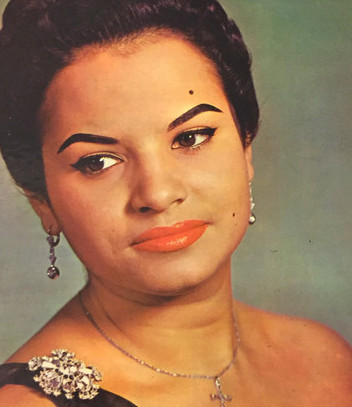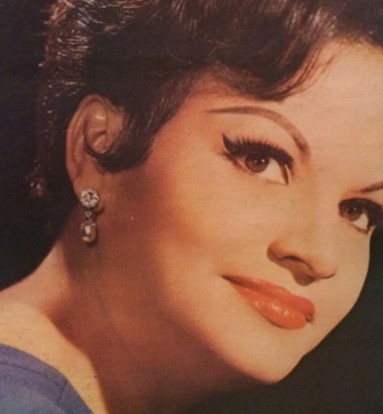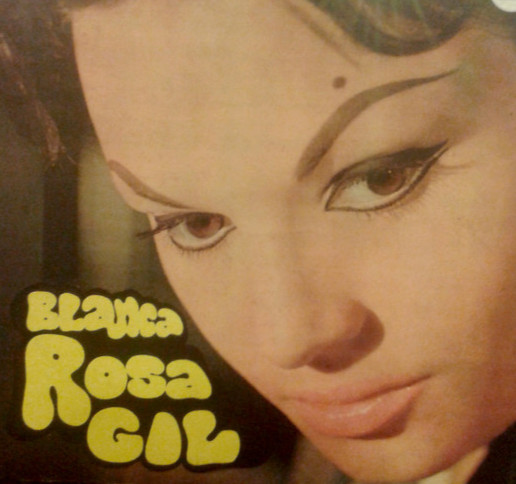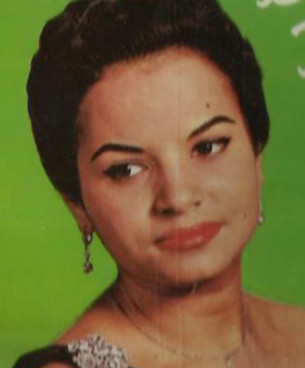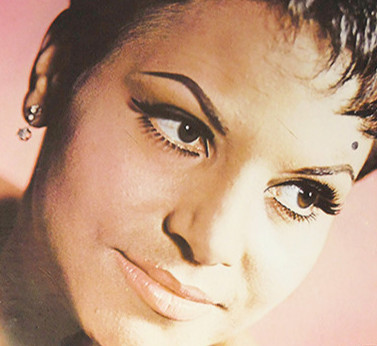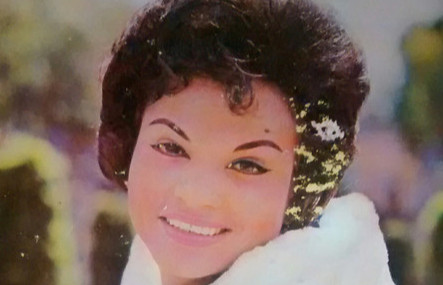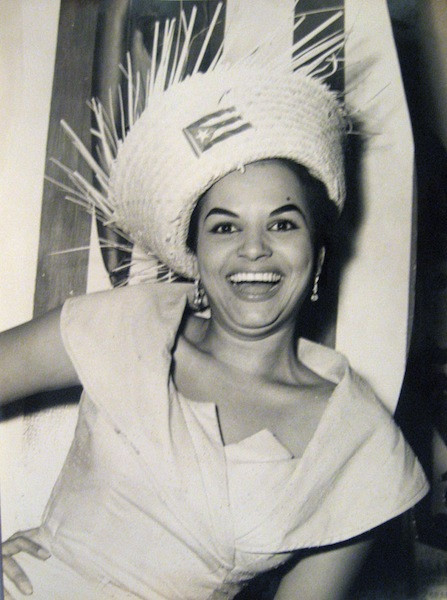Blanca Rosa Gil
Настоящее имя: Blanca Rosa Gil
Об исполнителе:
Blanca Rosa Gil (Perico, August 26, 1937) is a Cuban singer of boleros. While still small, she moved with her family to the city of Havana, where she attended primary school. Together with his sisters Rita and Mercedes they began to sing in school activities. In 1955 her family sent her to Caracas (capital of Venezuela) in the company of an upper class family that had interests in the artistic milieu. The Venezuelan producer Arístides Borrego heard her sing at a private party -Gil was 17 years old- and was delighted with her voice. He hired her to work in a children's program called Smoke and Fantasy. He sang regularly at Plaza Cabaret (in Caracas). In 1957, Gil recorded his first hit: "Sombras." In 1959, when she was 21 years old, she was "discovered" in Caracas by Cuban businessman Gaspar Pumarejo, who baptized her "La Muñequita que Canta" and took her back to Cuba to sing at the Ali Bar Cabaret. in the city of Havana. From that debut it obtained national resonance in the island. He acted for Cuban radio and television and became famous in the cabarets of the capital. That same year (1959) he toured Chile, Colombia and Venezuela. It became the attraction of the magazine Bim bam bum at the Teatro Ópera de Caracas. In his Venezuelan tour arose a record that would record one of his greatest hits, "I laugh". The following year (1960) -when he was still on the Ali Bar program (from Havana) - his performances of "Sombras" and "Besos de fuego" would be the greatest record hits of the year. He recorded long-playing records for the record companies Modiner, Panart and Maype. As a bolero performer, he toured in Venezuela, Mexico, Colombia and the Dominican Republic. In 1961 he recorded the album Blanca Rosa sings to Venezuela in the Blue Moon of Caracas, for Venezuelan television. It is called "La Voz Femenina de la Radio", but it is also a television star, which appears mostly in the remarkable program Los jueves de Partagás.3 Cuban actor Otto Sirgo (1918-1966) jokingly called it "La Pocket songbook ». At the end of 1961, his song "Cristal" - recorded in Havana - was first on the charts. In December 1961, Blanca Gil toured Mexico City and did not return to Cuba, and in Mexico she recorded several albums for the Mexican recording company Benson, especially with the Memo Salamanca and Sergio Pérez bands. he recorded Terciopelo, with Julio Gutiérrez.3 In 1966 he recorded the bolero "Hambre", by the Mexican Rosendo Montiel Álvarez, that year he moved to Miami (United States), where he lived for nine years. Finally around 1975 Blanca Gil settled on the island of Puerto Rico (United States), where she was hired by the Velvet label. Towards 1980 it embraced the Christian faith, reason why it left the scenes. For more than a decade he sang only in evangelical temples. Around 1991 he recorded again albums of real music.

